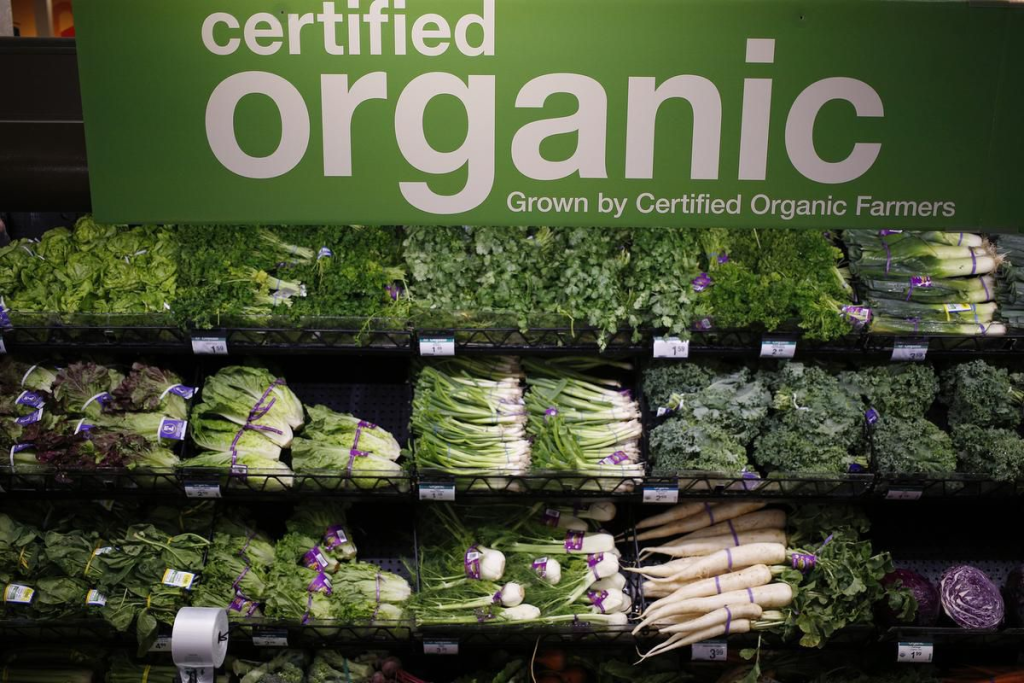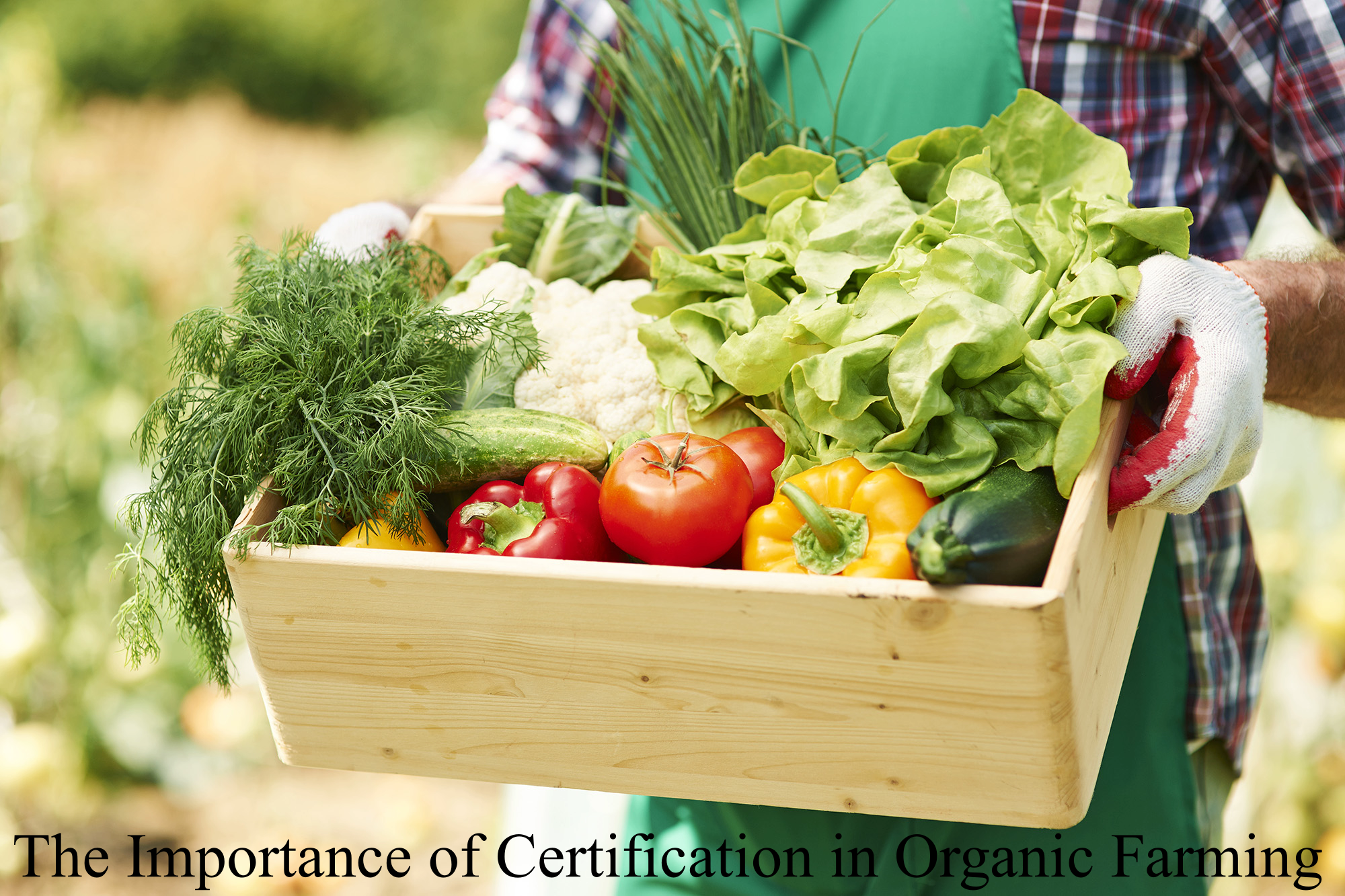In recent years, organic farming has seen an enormous surge in popularity as an increasing number of people have begun to recognize the numerous benefits that organic produce offers, not only to their own health but also to that of the environment. However, not all farms that assert to be organic actually adhere to the principles of organic farming. When it comes to this, certification is where it’s at. Certification serves two purposes: it ensures that organic farms adhere to the stringent guidelines and standards set forth by regulatory bodies; and it assists consumers in making informed decisions about the products they purchase.
What is Organic Farming Certification?
Organic farming certification is a process that verifies that a farm meets specific standards and requirements for organic farming practices. To receive certification, a farm must undergo an inspection by a third-party certifying agency, which assesses the farm’s compliance with the organic farming standards.
The certification process can be lengthy and rigorous, involving an evaluation of the farm’s soil health, pest management practices, use of fertilizers and pesticides, and other aspects of the farming operation. Only after passing the inspection and meeting the standards set by the regulatory bodies can a farm be certified as organic.
Why is Certification Important in Organic Farming?
Certification is important in organic farming for several reasons. First and foremost, it ensures that the farm is truly adhering to organic farming practices. Without certification, it can be difficult to determine whether a farm is actually following these practices or simply using the label as a marketing tactic.
Certification also helps to build trust between farmers and consumers. By having a certification, farmers can demonstrate to their customers that their products are truly organic and have been produced in an environmentally friendly and sustainable way.

Additionally, certification helps to maintain the integrity of the organic farming industry as a whole. The standards and guidelines set by regulatory bodies help to ensure that all organic farmers are held to the same high standards, which is important for maintaining consumer trust and confidence in the industry.
What are the Benefits of Certified Organic Farming?
Certified organic farming has numerous benefits, both for the environment and for human health. By using sustainable and environmentally friendly farming practices, organic farms help to protect and preserve the natural resources that are necessary for food production. This includes soil, water, and biodiversity.
Organic farming also helps to reduce the use of synthetic fertilizers and pesticides, which can have negative effects on human health and the environment. By avoiding the use of these chemicals, organic farming helps to create a healthier and safer food supply.

Certified organic farming can help to support local communities and economies. By purchasing products from certified organic farms, consumers can support local farmers and businesses, while also contributing to a more sustainable food system.

Certification is a crucial component of the organic farming industry. It helps to ensure that farms are truly adhering to organic farming practices, builds trust between farmers and consumers, and maintains the integrity of the industry as a whole. Additionally, certified organic farming has numerous benefits for the environment, human health, and local communities. By choosing certified organic products, consumers can support a more sustainable and responsible food system.


No comment